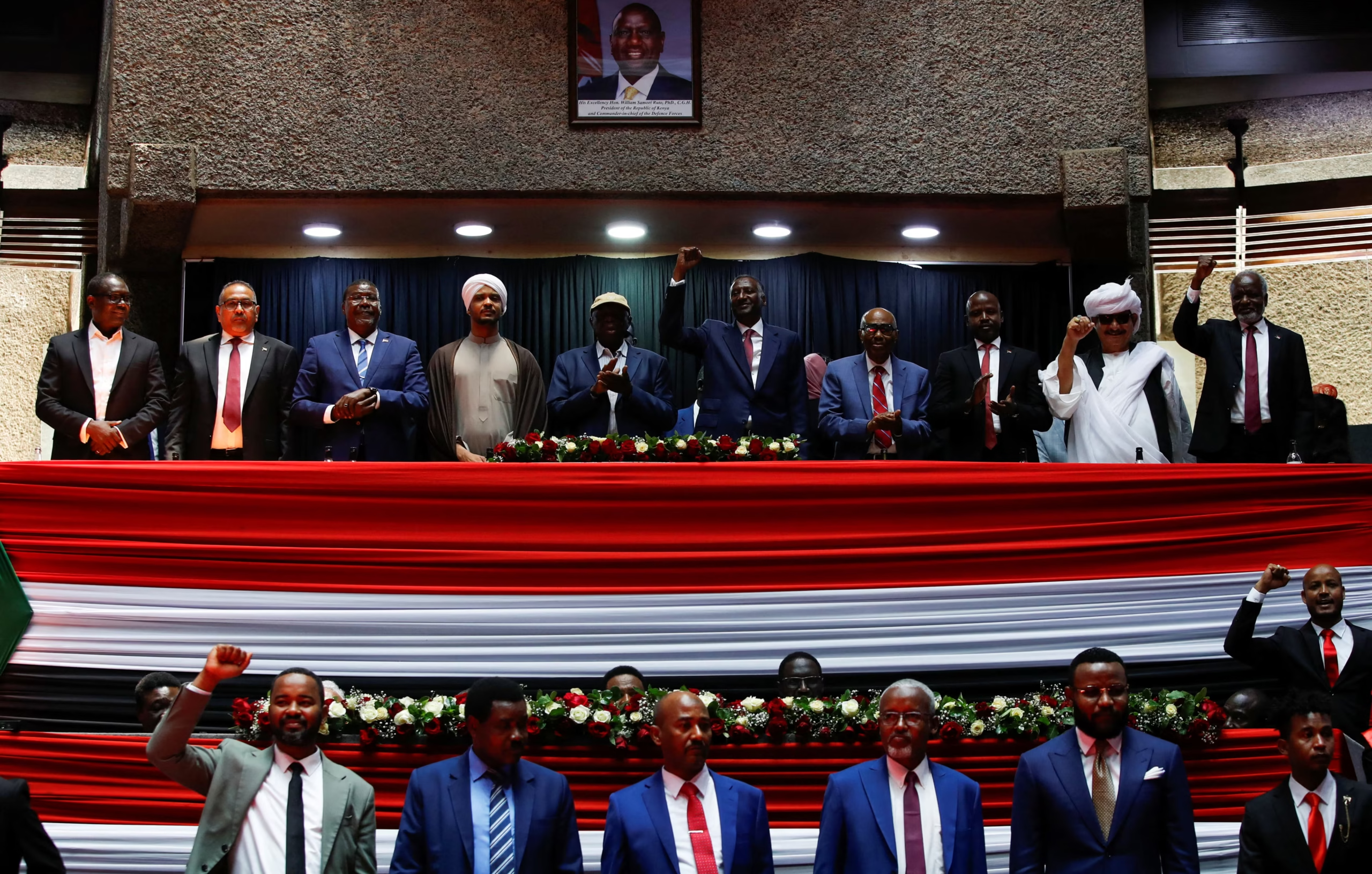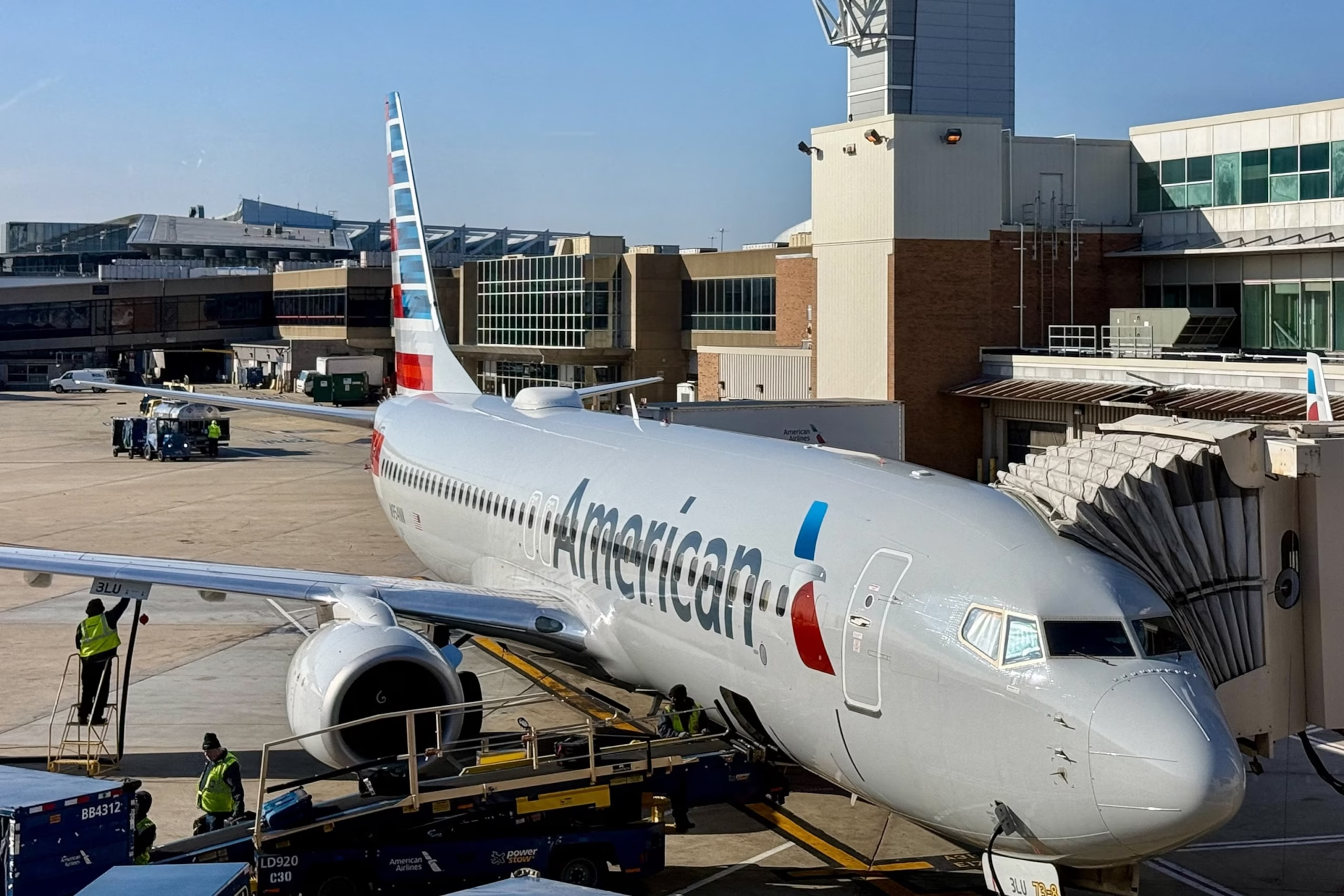Germans are voting in an election dominated by stagnant economy, refugee anxiety after Angela Merkel ended eight years of open door policy, and rise of far right Alternative for Germany (AfD). With no single party set to win a majority of seats an alliance of parties will have to be negotiated and that could take months.

The center-right Union coalition, under Christian Democratic politician Friedrich Merz is predicted to gain the majority of votes with 28-32%. But the surprise is still AfD which article surges to chapter article 20%, its highest ever nationwide election result. AfD challenger for the chancellor Alice Weidel promises stricter immigration controls and an end to what she labels „failure-established policies.
In the meantime, the ruling Social Democrats (SPD) of Chancellor Olaf Scholz hit a historic low in opinion polls at 14-16%. The break-up of Scholz’s three-party coalition at the end of last year has fueled voter disillusion. As well, the Greens and Free Democrats are having trouble holding onto voters, with the latter teetering on the 5% bar to keep its seat in Parliament
Merz, who has campaigned on a platform of “stability instead of chaos”, is accused of move towards AfD after a parliamentary vote backed by the far-right. Ayanlar politikaları ve Almaniyetin NATO rolu böluluk konuları.
As voters go to the polls, the future is unclear. Elections’ results will decide if Germany becomes even more conservative or stays in the centrist place under a self-knocking coalition.













